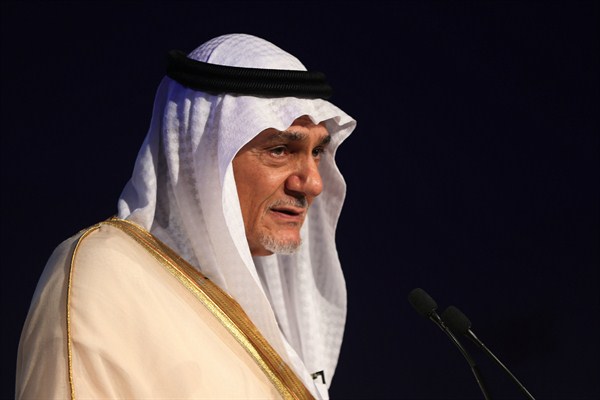An intriguing incident occurred at last weekend’s Munich Security Conference, shedding light on the prospects for a historic realignment in relations between Israel and its Arab neighbors.
The incident, particularly noteworthy when viewed in conjunction with other signs of movement, occurred after a presentation by Israeli Defense Minister Moshe Yaalon at the conference. Yaalon told the audience that Israel has frequent communications with a number of Sunni Arab states that, according to Yaalon, see Israel as an ally against the Iranian threat. He made it clear that he was not speaking only about Jordan and Egypt, with which Israel has formal diplomatic ties.
“I speak about the Gulf states and North African states too,” he said, adding, “They are not shaking hands [with Israel] in public, but we meet in closed rooms.” That Israel has had secret contacts and even ties with Arab countries is widely known. But what came later was, indeed, revealing.

